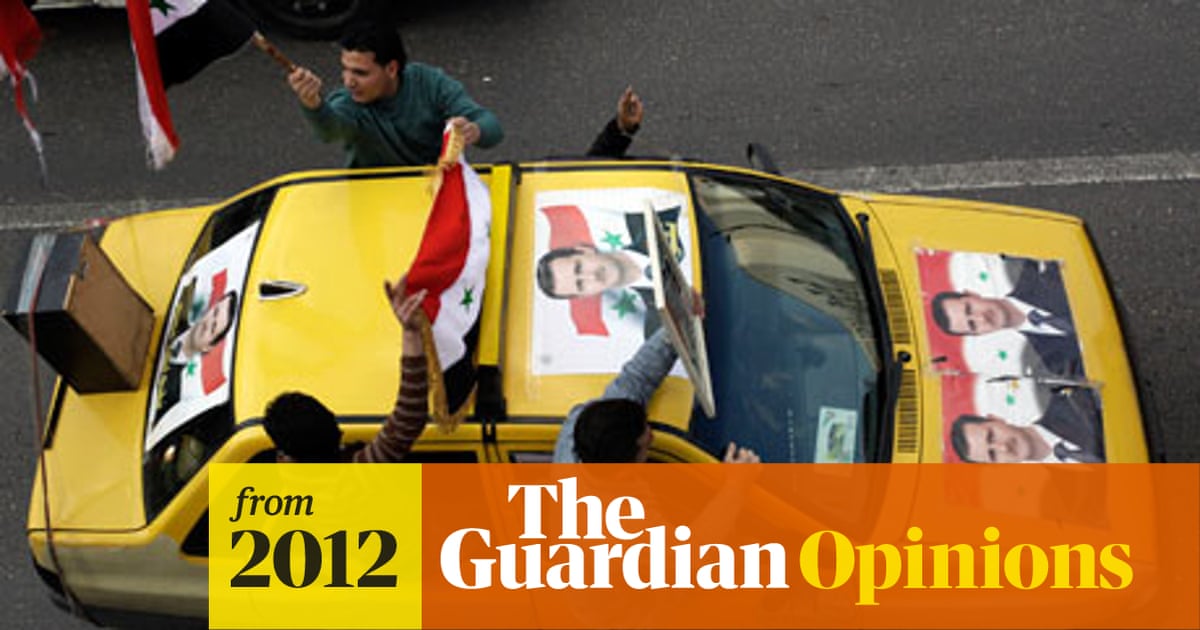Originally posted by Vangelovski
View Post
By the way, "Brian's Corner" has 4316 views since 31 Oct 2011, aprox under 2000 views a month, so I guess it could just be the novelty of something new, or maybe people like my bullshit, or maybe they don't think its bullshit? Any idea what the attraction could be?
RtG
If only they created a bullshit tax.
By the way, whatever happened to Prolet, now that you mention him? Loose another 'patriot', did you?






Comment